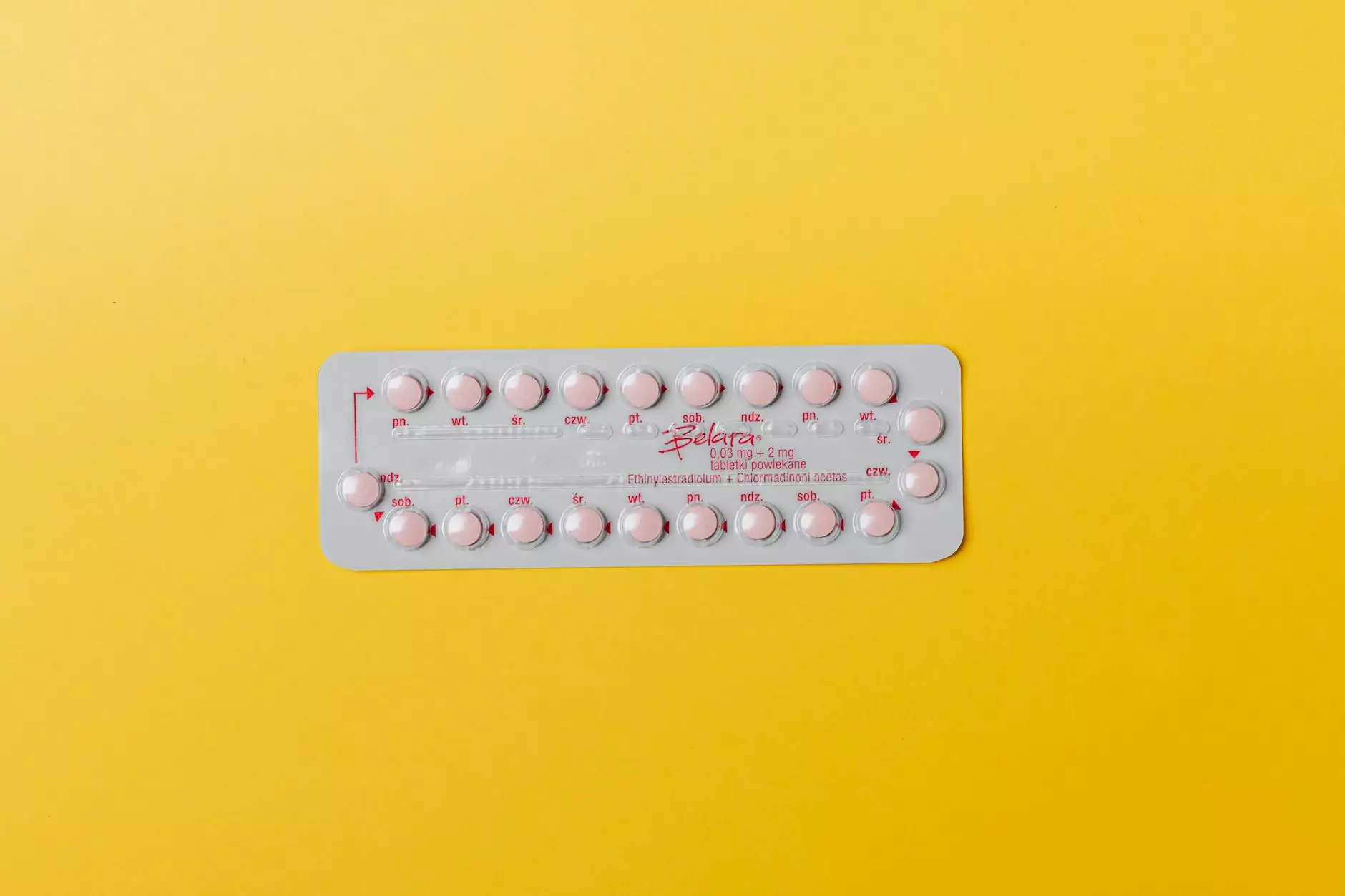Understanding Depression Symptoms: A Comprehensive Guide

Depression is a common yet serious mental health condition that affects millions of people worldwide. This article aims to provide a thorough exploration of depression symptoms, enhancing awareness and understanding of the condition while promoting effective communication around mental health.
What is Depression?
Depression is more than just feeling sad or having a rough day. It is a serious mental health disorder characterized by a persistent feeling of sadness, loss of interest, and a variety of emotional and physical problems. People with depression may experience a lack of energy, difficulties in concentrating, and changes in appetite or sleep patterns.
Recognizing Depression Symptoms
Early recognition of depression symptoms is crucial for effective treatment and management. The most common symptoms can be grouped into emotional, cognitive, behavioral, and physical categories.
Emotional Symptoms
- Persistent Sadness: Individuals often feel sad or low throughout the day, nearly every day.
- Loss of Interest: A noticeable decrease in pleasure or interest in activities that were once enjoyable.
- Feelings of Hopelessness: A sense of despair or an overwhelming feeling that things will not improve.
Cognitive Symptoms
- Difficulty Concentrating: Struggling to focus or make decisions can significantly impact daily life.
- Negative Thoughts: Persistent thoughts of guilt or worthlessness may plague individuals.
- Suicidal Thoughts: In severe cases, individuals may contemplate or think about self-harm.
Behavioral Symptoms
- Withdrawal: People often start avoiding friends and family or isolating themselves socially.
- Decline in Work or Academic Performance: Noticeable underperformance due to lack of motivation or focus.
- Changes in Routine: A shift in daily habits, such as sleeping or eating more or less than usual.
Physical Symptoms
- Fatigue: Chronic tiredness or decreased energy levels are common among those suffering from depression.
- Changes in Sleep Patterns: Experiencing insomnia or sleeping excessively can be indicators of depression.
- Appetite Changes: Either overeating or loss of appetite can accompany depression.
Causes of Depression
The causes of depression are multifaceted, often stemming from a combination of genetic, biological, environmental, and psychological factors. Each individual's experience may vary significantly based on these interconnected variables.
- Genetics: A family history of depression increases the risk of developing the condition.
- Biological Factors: Neurotransmitter imbalances in the brain can contribute to depression symptoms.
- Environmental Stressors: Major life events, such as loss, trauma, or chronic stress, can trigger depressive episodes.
- Psycho-Social Factors: Personality traits and coping mechanisms play a significant role in vulnerability to depression.
Impact of Depression on Daily Life
Depression can have a profound impact on many aspects of life, affecting relationships, work performance, and overall quality of life. It can create a cycle of decline, where symptoms lead to withdrawal from activities, further exacerbating feelings of loneliness and despair.
Relationships
Individuals with depression may find it challenging to maintain positive relationships due to withdrawal and communication struggles. This can create tension, misunderstandings, and a lack of support.
Work and Education
In the workplace or academic settings, depression can lead to reduced productivity, absenteeism, and challenges in meeting deadlines and responsibilities.
Treatment Options for Depression
Recognizing the symptoms of depression is vital, but it is equally important to seek help. Fortunately, various effective treatment options are available:
Therapy
Psychotherapy, commonly known as talk therapy, is one of the most effective treatments for depression. It can take many forms, including:
- Cognitive Behavioral Therapy (CBT): A structured program that helps individuals identify and change negative thought patterns.
- Interpersonal Therapy (IPT): Focuses on improving interpersonal relationships and communication.
- Dialectical Behavior Therapy (DBT): Combines cognitive-behavioral techniques with mindfulness practice.
Medication
In some cases, antidepressants may be prescribed to help manage depression symptoms. It’s essential to consult with a healthcare provider to determine the best course of action, as medications can have varying effects on different individuals.
Lifestyle Changes
Making positive lifestyle changes can also significantly impact managing depression:
- Regular Exercise: Physical activity releases endorphins, which can enhance mood and reduce stress.
- Healthy Diet: A balanced diet can promote overall well-being and aid in managing symptoms.
- Sleep Hygiene: Establishing a consistent sleep schedule is critical in combating fatigue and mood swings.
When to Seek Help
It’s crucial to recognize when professional help is needed. If depression symptoms are persistent and impact daily life or lead to thoughts of self-harm, it is essential to reach out to a healthcare provider. Early intervention can lead to more effective treatment and a better quality of life.
Conclusion
Understanding depression symptoms is the first step in overcoming the challenges posed by this mental health disorder. Awareness, recognition, and timely intervention can profoundly impact those experiencing depression, leading them toward recovery and a healthier, happier life. Remember, seeking help is a sign of strength, and many resources are available to assist you or a loved one in navigating this journey.
For more resources and support, be sure to consult mental health professionals or visit reputable websites dedicated to mental health education, like australian-pharmacy.net.









